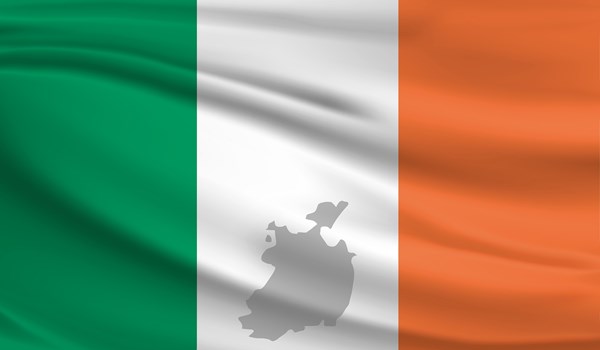Jurisdictions
Regions
Industry Sectors
10/03/21
IRELAND: Department of Enterprise briefing defends tax breaks to multinational bosses.

As published on irishtimes.com, Wednesday 10 March, 2021.
The justification for a scheme providing tax breaks to senior multinational firm executives relocating to Ireland has been “amplified” by efforts to stamp out corporate tax avoidance, according to an internal Department of Enterprise briefing.
The Special Assignee Relief Programme (Sarp) has cost the exchequer more than €100 million since it was introduced nine years ago.
The scheme initially provided relief from income tax on 30 per cent of salary between €75,000 and €500,000. The upper limit was removed in 2015, before a cap was reinstated at €1 million in 2019.
Internal briefing notes for Tánaiste and Minister for Enterprise Leo Varadkar said the need for the tax relief scheme has been “amplified” due to international reforms aimed at tackling corporate tax avoidance.
In recent years the Organisation for Economic Co-operation and Development (OECD) has introduced measures aimed at closing loopholes corporations use to pay less tax. Multinationals employ strategies known as base erosion and profit-shifting (Beps) to exploit gaps in tax rules to avoid paying tax.
These new measures would change the criteria for where companies are deemed to be located for tax purposes. Companies seeking to avail of Ireland’s low 12.5 per cent corporate tax rate would have to staff senior personnel in the country under the measures.
“In essence this means that it is no longer enough that assets such as IP are located in a country, but that they must be matched with senior decision-making personnel,” the department’s briefing outlines.
“Sarp is considered an essential tool in ensuring that such personnel do locate here. It should also be noted that many of our competing nations offer variants of the scheme, many of which are less restrictive and more generous to beneficiaries,” the briefing said.
The briefing notes, obtained under the Freedom of Information act, were prepared for Mr Varadkar ahead of a meeting with audit firm Deloitte on December 14th, 2020.
The annual cost of the Sarp scheme to the exchequer has increased significantly in recent years, up from €5.9 million in 2014, to €42 million in 2018, accor ding to latest available figures.
In the first year the scheme was introduced in 2012, only 11 people availed of the tax break, costing €100,000. The cost rose to €5.9 million by 2014, €9.5 million in 2015, and €18.1 million in 2016.
More than 1,000 foreign executives were availing of the tax relief in 2017, at a cost to the exchequer of €28.1 million. This continued to increase to more than €42 million in 2018. Sarp was introduced during the financial crash as a means of encouraging high-level executives to relocate to Ireland.
The continued sharp rise in the costs of the scheme “illustrate” why Minister for Finance Paschal Donohoe introduced the €1 million cap in 2019, the briefing notes said.
“This cap is expected to impact on the cost of the relief over the coming years, without significantly decreasing its attractiveness,” officials noted.
“Other administrative changes were introduced in the same Finance Act which have eased the ability to access the relief,” the notes said.
The briefing said both the department and the IDA “strongly support” the retention of the scheme.



